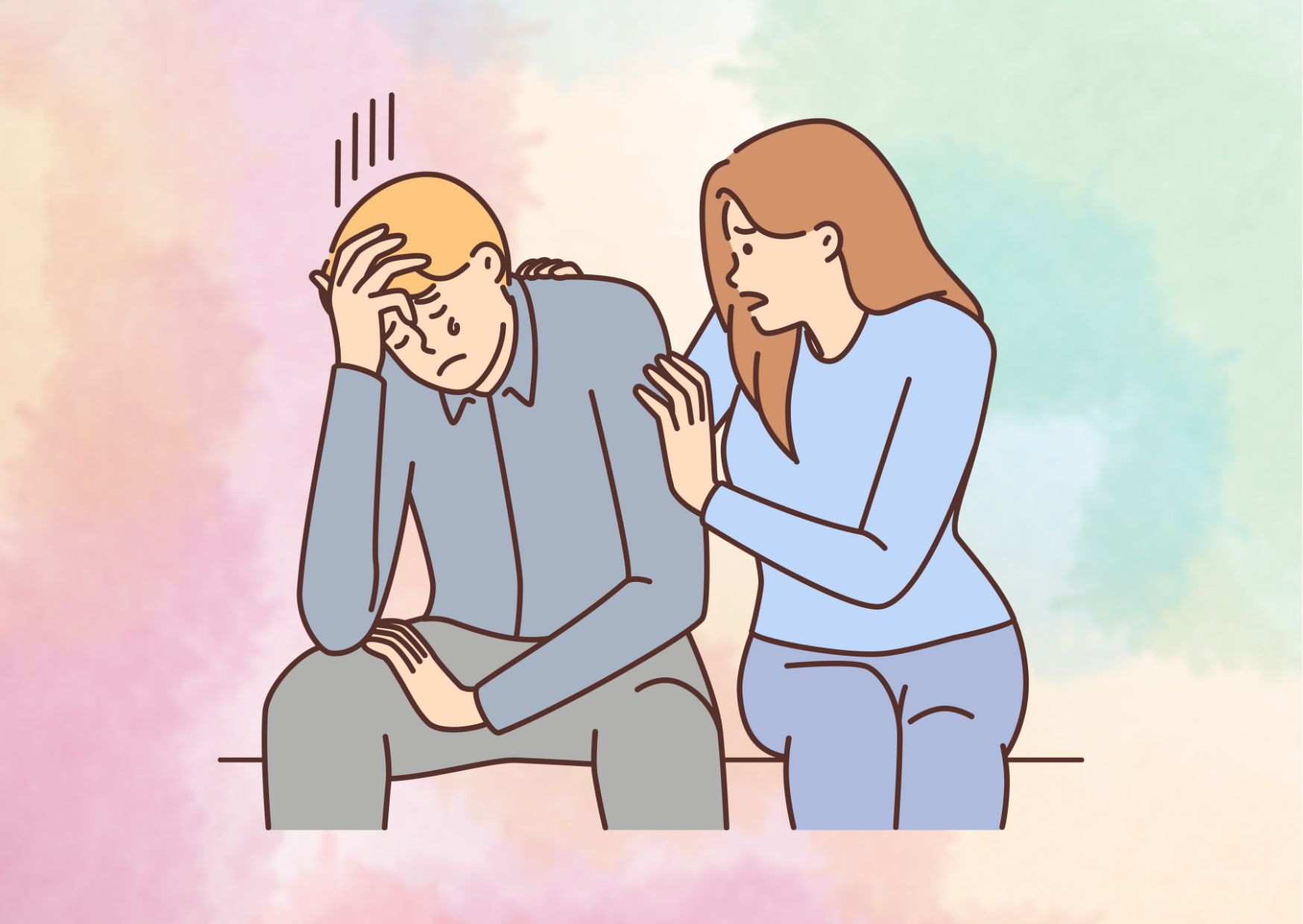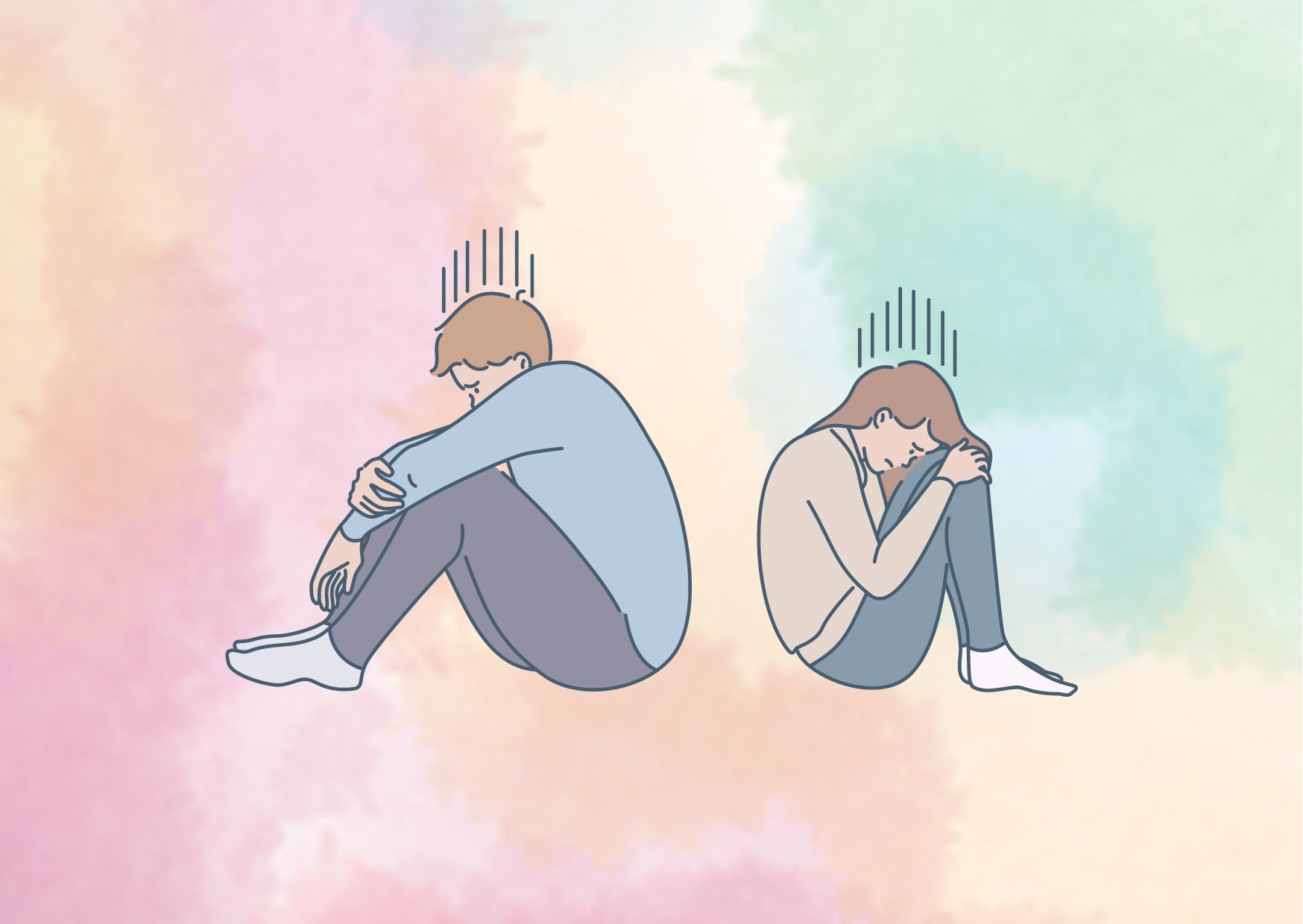12 Effective Strategies for ADHD and Intimacy Problems
Hypersexuality, or an excessive preoccupation with sexual thoughts, fantasies, and behaviors, can be a complex issue that impacts individuals and their relationships. For those with Attention Deficit Hyperactivity Disorder (ADHD), intimacy problems and hypersexuality may often intertwine, presenting unique challenges. Understanding the connection between ADHD and hypersexuality is crucial for fostering healthy relationships and addressing underlying concerns.
This article delves into the intricate dynamics between ADHD and intimacy, exploring how ADHD symptoms can manifest in physical and emotional intimacy, communication challenges, trust-building, and shared experiences. It also examines the role of hypersexuality and its potential implications for individuals with ADHD, while providing insights into seeking professional support and developing strategies for nurturing meaningful connections.
How ADHD Affects Intimacy
Attention Deficit Hyperactivity Disorder (ADHD) can significantly impact intimacy and sexual relationships in various ways. Here’s how ADHD affects intimacy:
Difficulty with emotional regulation and impulsivity
Emotional dysregulation, a common challenge for individuals with ADHD, can strain intimate relationships. People with ADHD may experience intense emotions quickly and struggle to control their emotional responses appropriately. This can lead to impulsive outbursts, mood swings, or inappropriate expressions of emotion, which can damage trust and emotional intimacy with partners.
Furthermore, impulsivity, a core symptom of ADHD, can manifest in impulsive behaviors or decisions within intimate relationships, potentially causing harm or misunderstandings.
Challenges with focus and attention during intimate moments
Lack of focus and distractibility, hallmark symptoms of ADHD, can significantly affect physical intimacy. During intimate moments, individuals with ADHD may find their minds wandering, making it difficult to stay present and engaged with their partner. This lack of attention can be misinterpreted as disinterest or lack of desire, leading to hurt feelings and disconnection.
Additionally, individuals with ADHD may struggle to achieve orgasm due to difficulties maintaining focus and attention during sexual activities.
Hypersexuality or hyposexuality as potential symptoms
ADHD can impact sexual desire and behavior in different ways. Some individuals with ADHD may experience hypersexuality, characterized by an unusually high sex drive, which can lead to problematic behaviors such as engaging in multiple sexual relationships or excessive pornography use. This can strain intimate relationships and create challenges.
On the other hand, some individuals with ADHD may experience hyposexuality, or a significantly reduced sex drive, potentially due to ADHD itself or as a side effect of certain medications used to treat ADHD or associated conditions.
It’s important to note that these sexual symptoms can vary among individuals with ADHD and may not be experienced by everyone.
Emotional Intimacy and ADHD
Emotional intimacy is a critical aspect of any close relationship as it directly impacts cognitive and experiential intimacy. It involves sharing emotions, feelings, and interpretations, which in turn creates emotional security and a sense of support between partners. For individuals with Attention Deficit Hyperactivity Disorder (ADHD), emotional intimacy can be particularly challenging due to difficulties with emotional regulation and reactive behaviors.
Importance of emotional security and validation
Feeling emotionally safe and validated is crucial for fostering emotional intimacy in a relationship. When partners feel secure enough to share their emotions and triggers without fear of judgment or dismissal, they can work through their emotional experiences together. This emotional security and validation allow for a deeper connection and understanding between partners.
Strategies for managing emotional reactivity
Individuals with ADHD often struggle with emotional self-regulation and may exhibit reactive behaviors in response to emotional triggers. To address this challenge, it is essential to develop strategies for recognizing emotional regulation difficulties and contributing factors, such as fatigue or specific triggers.
Both partners can work together to identify patterns of reactive responses and develop pre-planned, constructive responses instead of impulsive reactions. By consciously addressing these issues and creating planned responses, partners can create a safe space to process emotions, thereby strengthening their connection based on emotional security and empathy.
Creating a safe space for sharing emotions
Fostering a safe and non-judgmental environment is crucial for individuals with ADHD to feel comfortable sharing their emotions. This can involve practicing active listening, expressing thoughts and feelings clearly, and avoiding criticism or blame.
Couples can also explore mindfulness practices, such as meditation or deep breathing exercises, to increase emotional awareness and develop self-calming techniques. Additionally, seeking professional support through therapy or coaching can provide valuable tools for improving emotional regulation and communication within the relationship.
By prioritizing emotional intimacy and developing strategies to address the challenges posed by ADHD, couples can cultivate a deeper understanding, trust, and emotional connection, ultimately strengthening their intimate relationship.
Physical Intimacy and ADHD
Physical intimacy can present unique challenges for individuals with Attention Deficit Hyperactivity Disorder (ADHD). Understanding these challenges and developing strategies to address them is crucial for fostering healthy and fulfilling intimate relationships.
Challenges with physical touch and proximity
Individuals with ADHD may experience sensory sensitivities that can impact their desire for physical touch and proximity. Some may crave more frequent physical affection, such as hugging, holding hands, or cuddling, as a tangible way of expressing their affection and connection. Others may have specific preferences for touch, enjoying light touches but finding tight hugs or heavy touches overstimulating and uncomfortable.
Additionally, individuals with ADHD may exhibit sudden or impulsive physical affection, surprising their partners with spontaneous hugs or passionate kisses. Conversely, they may also have periods where they need more personal space to balance sensory input and personal comfort.
Maintaining intimacy in and out of the bedroom
Physical intimacy extends beyond sexual encounters and encompasses various forms of physical connection, such as sharing space, holding hands, or embracing.

